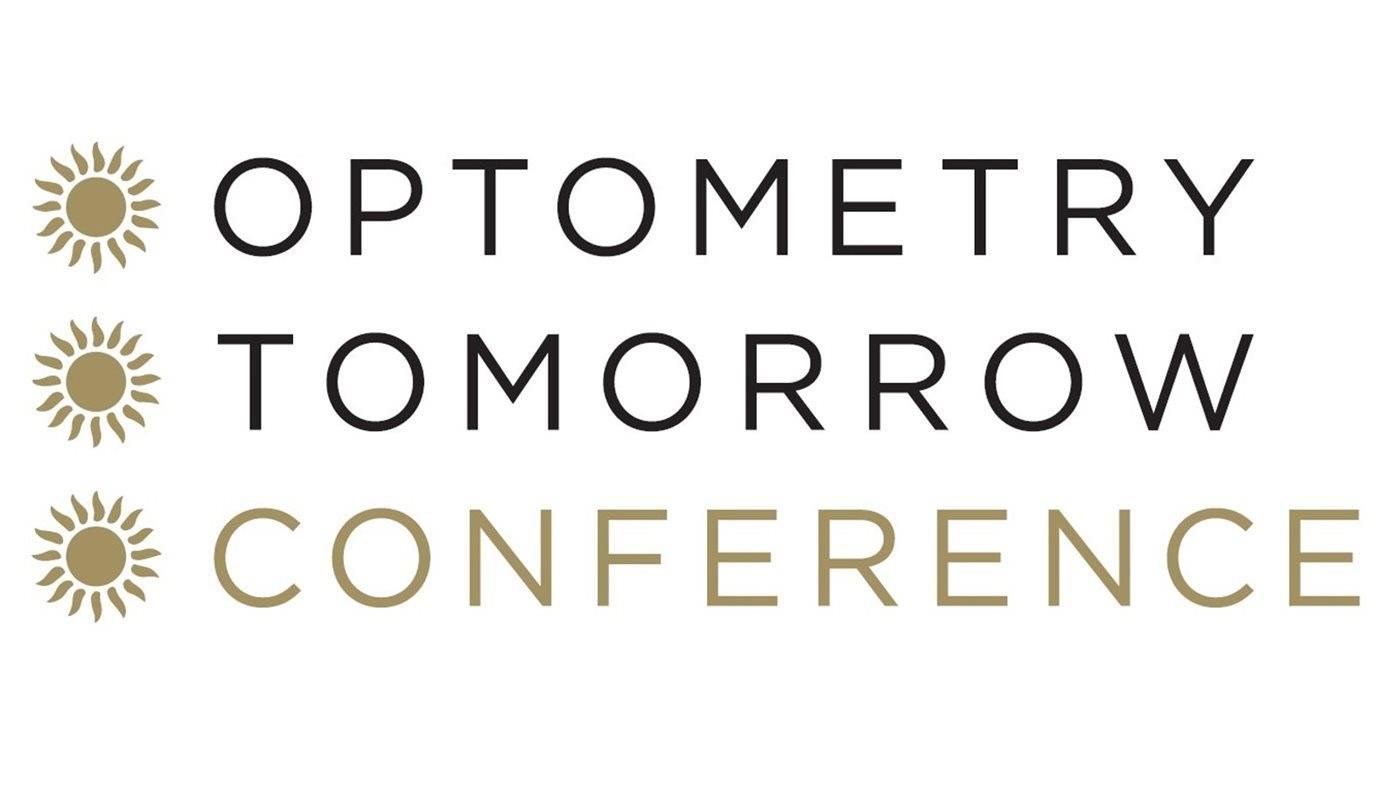SKILLS WORKSHOP
3 CPD
Plugging the gaps in your dry eye diagnosis and management routine
About the session
CPD ref: C-108411
Description
The DEWS II definition for Dry Eye Disease (DED) makes it clear that DED is multifactorial and characterised by, amongst other things, loss of homeostasis of the tear film including hyperosmolarity and ocular surface inflammation. DEWS II also grades the severity of DED signs and symptoms on scale of 1 – 4 (where 4 is severe DED), advocating a number of management strategies at each grade. Interestingly, considering its poor adoption in high street optometry, punctal occlusion is a suggested option at Grade 2.
This skills workshop will demonstrate:
- InflammaDry – a diagnostic tool to measure tear film MMP-9 levels indicating whether clinically significant inflammation is present on the ocular surface.
- Punctal Occlusion – Insertion and removal of the Parasol silicone punctum plug
InflammaDry tests significantly enhance the path to accurate diagnosis of the imflammatory marker MMP-9 getting patients onto the right treatment plan with less trial and error, thus helping speed up both the recovery process and crucially, symptom relief.
Punctal occlusion can help reduce the burden of regular eye drop instillation and provide symptom relief in all types of DED. This clinical demonstration/workshop will demonstrate the simplicity of inserting and removing semi-permanent punctum plugs.
Delegates will watch all the demonstrations and be able to practice InflammaDry tests and, time allowing, both the insertion and removal of punctal plugs.
This session fulfils the requirement specified for Part B of the BCLA Dry Eye Management Course.
Target Audience
- Optometrist
- Contact Lens Optician
- Independent Prescriber
Domains and learning outcomes
Clinical practice
1. Understand normal and abnormal levels of inflammation
2. Understand the importance of inflammation in both diagnosis and management.
3. To be familiar with how to take a tear sample using InflammaDry
4. To understand and be able consider the use of punctal plugs in the management of dry eye
5. To watch and then practice how to insert and remove a semi-permanent silicone punctum plug
6. To be aware of the risks and benefits of punctal plugging as a management option for dry eye
Specialty CPD - contact lens optician
1. Understand normal and abnormal levels of inflammation
2. Understand the importance of inflammation in both diagnosis and management.
3. To be familiar with how to take a tear sample using InflammaDry
4. To understand and be able consider the use of punctal plugs in the management of dry eye
5. To watch and then practice how to insert and remove a semi-permanent silicone punctum plug
6. To be aware of the risks and benefits of punctal plugging as a management option for dry eye
Specialty CPD - AS/SP/IP optometrist
1. Understand normal and abnormal levels of inflammation
2. Understand the importance of inflammation in both diagnosis and management.
3. To be familiar with how to take a tear sample using InflammaDry
4. To understand and be able consider the use of punctal plugs in the management of dry eye
5. To watch and then practice how to insert and remove a semi-permanent silicone punctum plug
6. To be aware of the risks and benefits of punctal plugging as a management option for dry eye
Chair and Facilitator

Nick Howard FBCLA

Nick Howard qualified as a Contact Lens Optician in 1984, working primarily with challenging ocular conditions and complex contact lenses. Part time lecturer, trainer and presenter at conferences, hospitals and Universities at local, national and international events, having authored a number of articles published in the professional optical journals.
Winner of prestigious Contact Lens Optician of the Year award in 2012, received Fellowship of the BCLA and currently a BCLA Council member and Faculty speaker. Now working in two Lancashire hospitals fitting specialty contact lenses, also independent practice, developing innovative techniques for the management of myopia and dry eye.
Speaker

Philip Thompson FBDO CL MBCLA

Professional Services Director, Positive Impact. With 40 years of experience in the optical industry, Phil has worked on various projects for Positive Impact over the last 12 years. As Professional Services Director he delivers training on PI’s Dry Eye Zone including Punctal Occlusion, Inflammadry and the Hydramed range of drops and supplements. He is also involved in training and accreditation for NaturalVue Enhanced Multifocal 1 Day disposable lenses. Additionally, he supports ECPs with the Alexa AR Ortho-K and Esencia myopia management lenses. He also sees patients and delivers in-practice, live and webinar CPD sessions on behalf of Positive Impact.
In the past he has worked in management and senior management roles in both independent and multiple businesses with a focus towards greater performance. In 2007 he became a licensed trainer for Krauthammer; a globally renowned coaching, consulting and training company and in 2010 completed a Nottingham University Business School Management Development Programme. In practice he has successfully implemented specialist contact lens services, such as OrthoK and complex RGP fitting into Bateman’s Opticians (now part of the VE group).
Facilitator

Nick Atkins FBCLA

Nick Atkins is a contact lens optician with over 40 years’ experience in the optical business. He has worked on both sides of the ophthalmic industry, initially in practice and later moving to the industry side with Bausch & Lomb where he spent 10 years in professional services and marketing roles.
Post B&L, Nick provided consultancy services to both sides of the optical business. Currently he is co-founder and Managing Director at Positive Impact (PI). PI distributes a range of specialist products including contact lenses and dry eye diagnostics and treatments.
